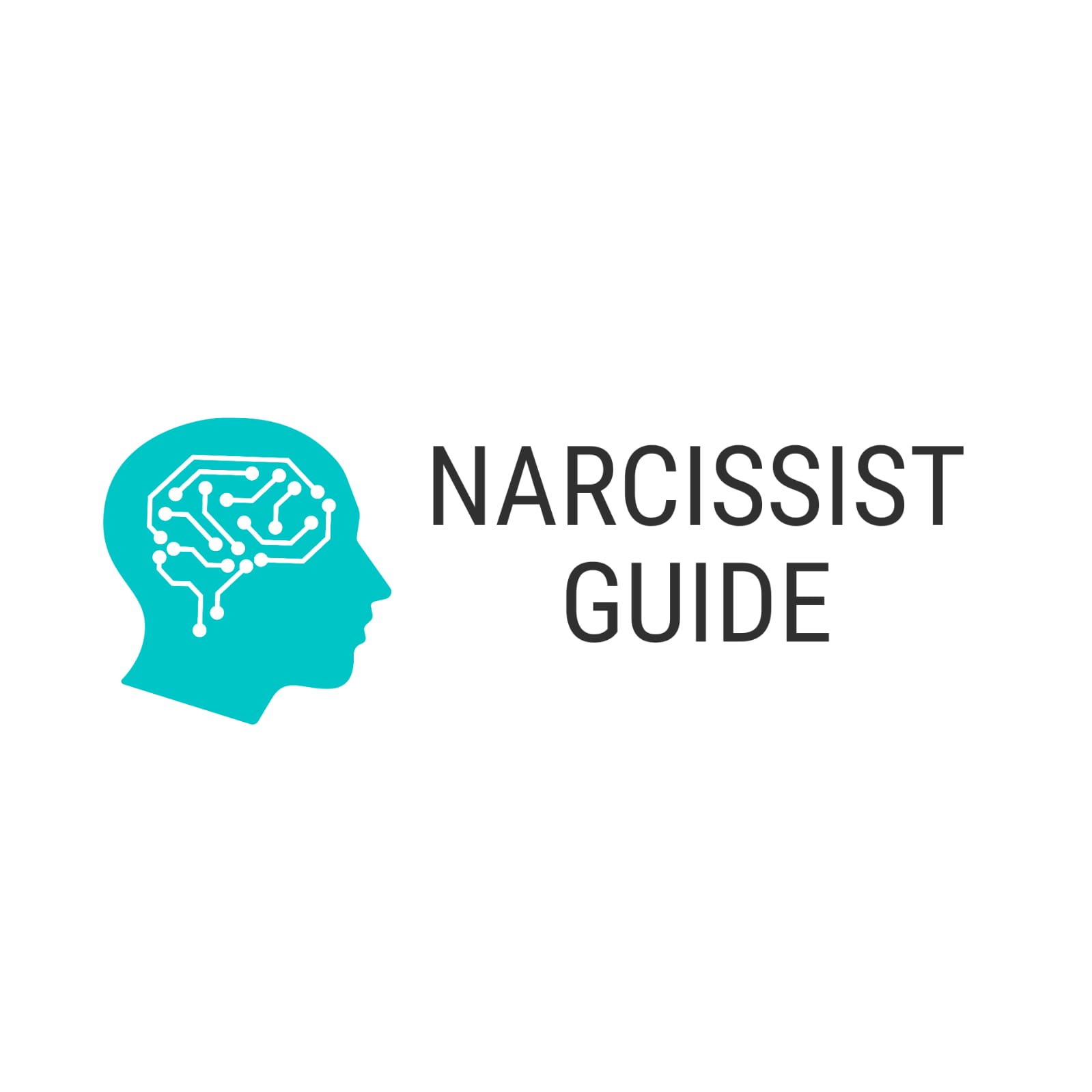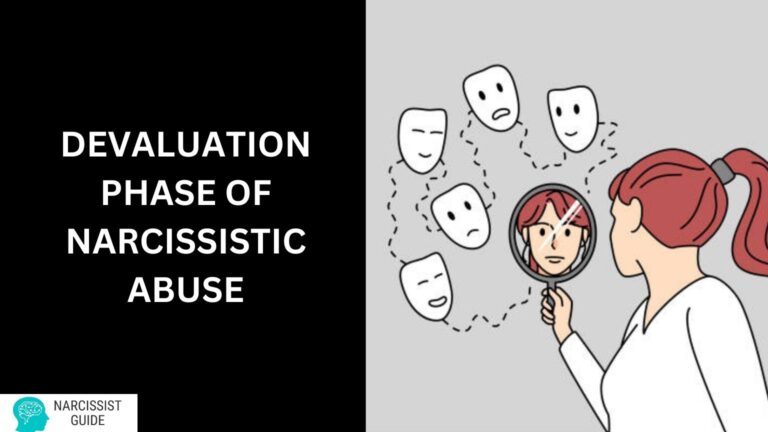10 Personality Traits That Attract Narcissists
Narcissists can be charismatic and alluring, often drawing people into their orbit. However, their relationships can be tumultuous and draining.
Understanding the personality traits that attract narcissists can help you identify red flags and protect yourself.
In this article, we’ll explore ten key traits that make individuals more susceptible to narcissistic relationships.

Understanding Personality Traits That Attract Narcissists
Narcissism is characterized by an excessive sense of self-importance, a need for admiration, and a lack of empathy.
People with narcissistic tendencies often exploit others to achieve their goals. It’s essential to recognize how certain personality traits can attract these individuals, leading to unhealthy dynamics.
1. High Empathy
While empathy is generally a positive trait, individuals who exhibit high levels of empathy can attract narcissists. Narcissists often seek out empathetic people to exploit their kindness and emotional availability.
If you find yourself constantly putting others’ needs before your own, you might be more vulnerable to narcissistic manipulation.
2. Low Self-Esteem
People with low self-esteem often seek validation from others, making them prime targets for narcissists. Narcissists may prey on these individuals, offering fleeting praise to keep them hooked.
If you struggle with self-worth, it’s crucial to work on building your confidence to avoid falling into a narcissistic trap.
3. People-Pleasing Tendencies
Those who are eager to please and avoid conflict can attract narcissists like moths to a flame. Narcissists thrive on control, and people pleasers often accommodate their demands.
This dynamic can lead to an imbalance in relationships, leaving the pleaser feeling drained and unappreciated.
4. Naivety
Naivety, or a tendency to see the best in people, can draw narcissists. While optimism is a beautiful trait, it can cloud judgment. Narcissists often exploit this naivety to manipulate others, so it’s vital to remain cautious and discerning when meeting new people.
5. Strong Need for Approval
A strong desire for approval can signal vulnerability to narcissists. These individuals may be more willing to overlook red flags to gain the admiration they seek. If you constantly seek validation from others, consider focusing on self-acceptance and inner confidence.
6. Compassionate Nature
Compassionate individuals often attract narcissists who thrive on attention and admiration. Narcissists may initially present themselves as charming and engaging, appealing to your compassionate side. Recognizing when compassion turns into enabling is crucial in avoiding toxic relationships.
7. Independence
While independence is generally a desirable trait, it can attract narcissists who seek to dominate. Narcissists often want to control and manipulate those who display independence. This dynamic can lead to conflicts and power struggles in relationships.
8. Optimism
Optimistic individuals may inadvertently attract narcissists, as they often exude positivity and energy. Narcissists may see this as an opportunity to exploit their enthusiasm. It’s essential to maintain a healthy level of skepticism to protect yourself.
9. Creativity
Creative individuals can draw narcissists who admire their talents and ideas. However, this admiration can quickly turn to jealousy and manipulation. If you’re in a creative field, be cautious of those who seem overly interested in your work for the wrong reasons.
10. Emotional Vulnerability
Being emotionally open can attract narcissists looking for someone to exploit. Narcissists may manipulate your emotions to maintain control over you. Protecting your emotional boundaries is essential to avoid falling victim to their tactics.
Protecting Yourself from Narcissistic Relationships

Recognizing these traits is the first step in protecting yourself from narcissistic relationships. Here are some tips to maintain healthy boundaries:
Set Boundaries
Establish clear boundaries in relationships to protect your emotional well-being. Don’t hesitate to communicate your limits and stand firm against manipulation.
Build Self-Esteem
Focus on self-love and acceptance. Building your self-esteem can help you resist the allure of narcissists and empower you to prioritize your needs.
Seek Support
Surround yourself with supportive friends and family who can help you recognize red flags in relationships. A strong support system can provide perspective and encouragement.
People also ask
What personality attracts narcissists?
Here are the key personality traits that attract narcissists:
High Empathy: They easily absorb others’ emotions, making them vulnerable to manipulation.
Low Self-Esteem: They seek validation, which narcissists exploit.
People-Pleasing: Their desire to please others makes them easy targets for control.
Naivety: An overly trusting nature allows narcissists to take advantage.
Strong Need for Approval: They crave validation, drawing in narcissistic attention.
Compassionate Nature: Their willingness to help can enable narcissistic behavior.
Independence: Ironically attracts narcissists seeking to dominate.
What personality types are prone to narcissism?
Here are a few:
Grandiose Personality: Often confident and self-assured, they exhibit excessive self-importance and seek admiration.
Entitled Personality: They believe they deserve special treatment and often manipulate others to get their way.
Exhibitionistic Personality: They crave attention and validation, using charm and charisma to captivate others.
Vulnerable Personality: Although they may seem sensitive and insecure, they can still display narcissistic traits when seeking validation or recognition.
Antisocial Personality: They may lack empathy and exhibit manipulative behaviors, using others for personal gain.
What do narcissists love most?
Narcissists tend to love:
Admiration: They crave constant praise and validation from others to boost their self-esteem.
Attention: Being the center of attention fuels their ego and reinforces their sense of superiority.
Control: They seek to dominate relationships, often manipulating others to maintain power.
Recognition: They enjoy being acknowledged for their achievements and may exaggerate their accomplishments.
Superficial Relationships: Narcissists often prefer shallow connections that reinforce their self-image rather than deep, meaningful ones.
Conclusion
In Conclusion, By understanding the personality traits that attract narcissists, you can take proactive steps to protect yourself and foster healthier relationships.
Always remember, it’s essential to prioritize your well-being and surround yourself with people who respect and value you.

I’m Dr. James, and I’m glad you’re here. With years of experience in understanding and addressing the complexities of narcissistic behavior, I’ve dedicated my career to helping individuals navigate the challenging dynamics that come with narcissism, whether it’s in personal relationships, workplaces, or family settings.






